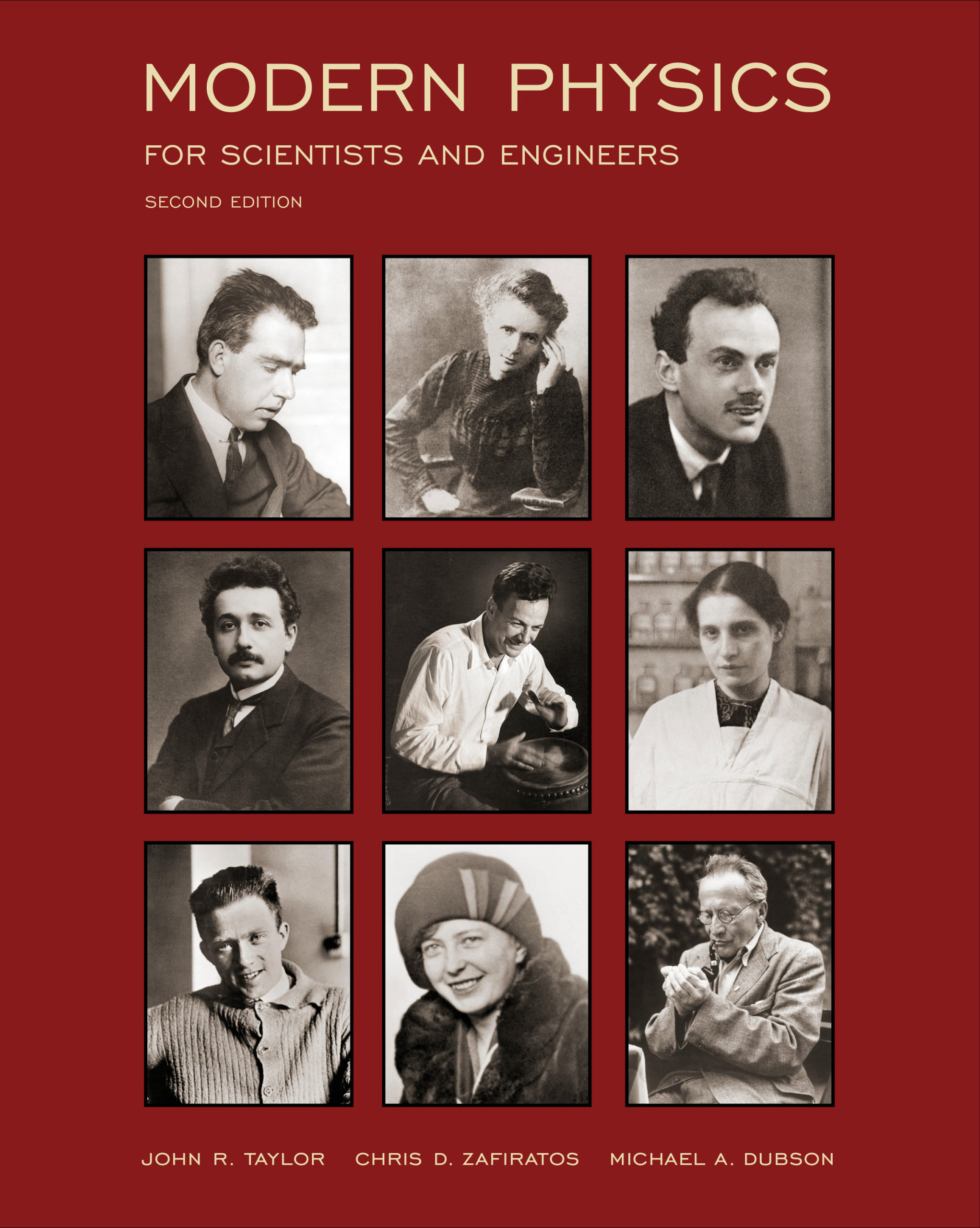
Modern Physics For Scientists and Engineers, Second Edition
With more than 100 years of combined teaching experience and PhDs in particle, nuclear, and condensed-matter physics, these three authors could hardly be better qualified to write this introduction to modern physics.
Summary
With more than 100 years of combined teaching experience and PhDs in particle, nuclear, and condensed-matter physics, these three authors could hardly be better qualified to write this introduction to modern physics. They have combined their award-winning teaching skills with their experience writing best-selling textbooks to produce a readable and comprehensive account of the physics that has developed over the last hundred years and led to today’s ubiquitous technology. Assuming the knowledge of a typical freshman course in classical physics, they lead the reader through relativity, quantum mechanics, and the most important applications of both of these fascinating theories.
Ancillaries
- A detailed Instructors’ Manual is available for adopting professors.

